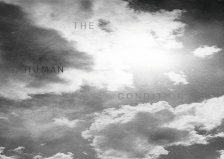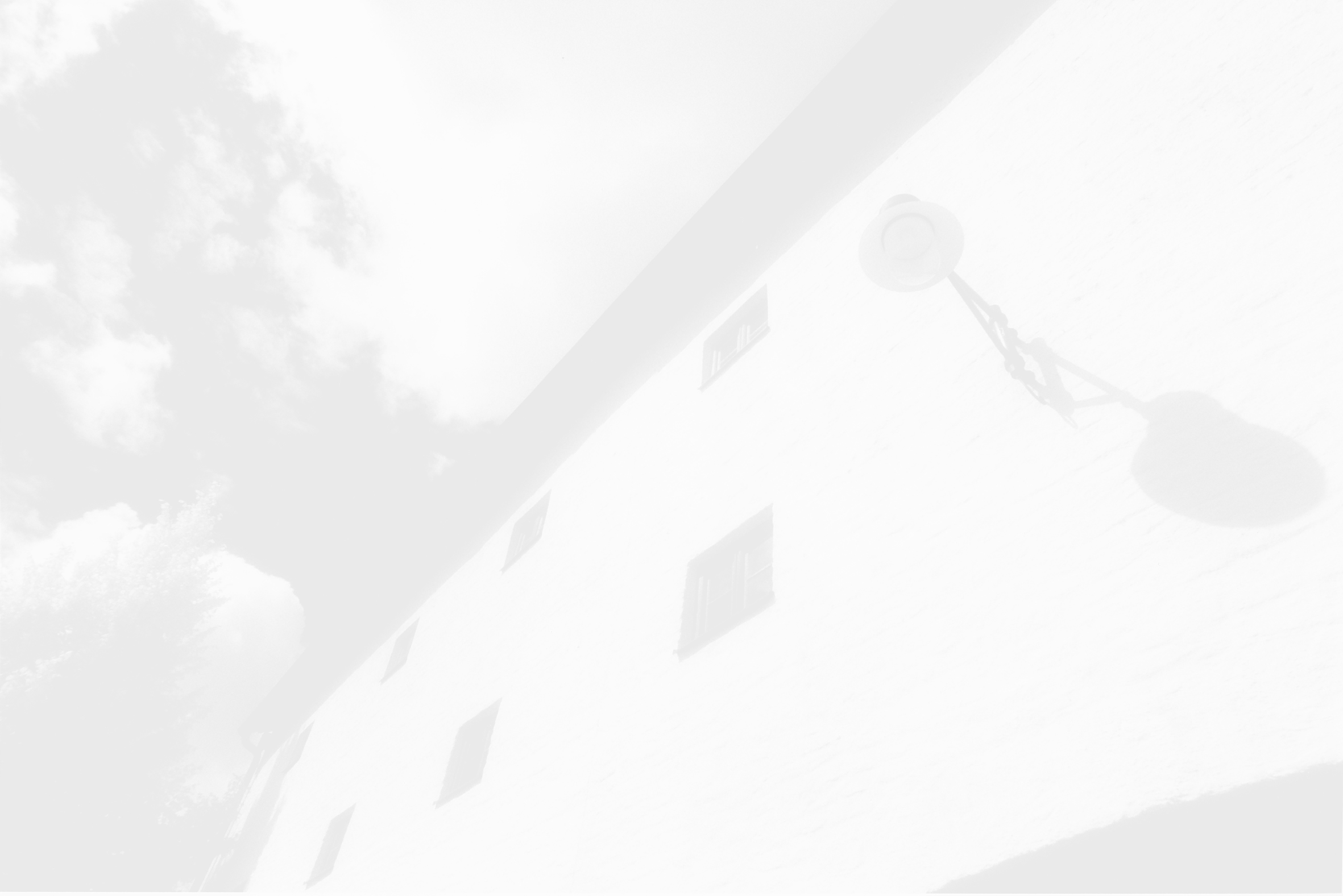za 02 mei ’15 tot zo 17 mei ’15
IDFX – Houtmarktpassage 28B
Opening van de expositie The Human Condition vindt plaats op zaterdag 2 mei om 16.00 u met de performance An Exploitation Structure, door Yukiko Nagakura. Verwacht ook een korte toespraak door Franz Schneider, conservator bij Die Neue Galerie Landshut, die de betreffende kunstenaars, Yukiko Nagakura (http://yukiko-nagakura-works.tumblr.com/) en Aisuke Kondo, (http://aisukekondo.com/Home.html) heeft uitgekozen.
Inloop vanaf 19.30 u. Verder vanaf zondag 3 mei elke donderdag tot en met zondag van 14 – 17 u te bezoeken. Houtmarktpassage 28B ingang via Kerkstraat – Breda.
Title van de expositie: The human condition. Gezamenlijk thema: Migration, History, Human right, War. What kind of works will we show?
Yukiko Nagakura (fotowerken/schilderijen), is geboren in Shizuoka, Japan. Woont en werkt op dit moment in Berlijn. Nagakura is een conceptueel kunstenaar die naast het maken van schilderijen en video’s ook installaties maakt en performances uitvoert.
Aisuke Kondo (fotowerken/sculpturen), Kondo maakt werk binnen het concept Reconstruction of Memories. In een project over zijn grootvader die gedurende 38 jaar en tijdens WO II als immigrant in San Francisco woonde linkt hij het verleden aan het heden. Hij poogt de grens die ligt tussen mens, tijd en plaats te ontleden. Hierdoor functioneert zijn werk als een reconstructie van een ‚memory machine‘
IDFX in Landshut van 22.5 t/m 7.6
Vlak ná de expositie van Landshut bij IDFX organiseert IDFX bij Die Neue Galerie Landshut in Landshut (d) van 22 mei tot en met 7 juni een expositie met werken van de beeldend kunstenaar, dichter, performer en muzikant Nick J. Swarth (tilburg – www.swarth.nl ) en de beeldend kunstenaar en vormgever Michiel van der Zanden (Breda – www.michielvanderzanden.nl). Opening dáár vindt plaats op vrijdagavond 22 mei om 20.00 u.

Info:
![]()

![]() http://www.idfx.nl/nl/agenda/human-condition
http://www.idfx.nl/nl/agenda/human-condition
![]()
His recent work is a project concerning his great-grandfather, who made the experience of the conditions of an immigrant’s life – like Aisuke Kondo does it today, generations later..
His great-grandfather lived in San Francisco, USA for 38 years, from 1916 till 1954. During the Second World War he was imprisoned in an internation Camp in Utah.
Aisuke Kondos work is based on archived material of these 38 years.
His photographic artworks combine different fragments out of this archive. So he is connecting the past to the present. By doing so, his works function as a reconstruction of a „memory machine.”
In this way he dissects the border which lies between people/time/places like our memories do to create a new and sometimes more lucid truth. So Aisukes work can be defined as a concept of „Reconstruction of Memories.”
„What we need“said the art historian Horst Bredekamp in the Süddeutsche Zeitung, is space for reflecting things, and therefore we need a distance to what is happening.
Sometimes the distance is in danger to be completely eliminated by the overload of pictures, images and information in the mass media. What we think there to perceive is more and more influencing and manipulating our concept of reality.
Yukiko Nagakura is interested in this difference between the perception and the conception – and her works are based on that idea.
And for that she exchanges the media way in an immediate way of perception.
She recently visited a refugee camp near Calais, where refugees from all over the world wait for a possibility to travel to England.
There she could get into contact to some of the refugees and could have an immediate look on their situation, in their hopes and dreams and in their daily life.
In her artworks she is now recreating an artistic distance to the conditions of this refugee life. And so she allows us to find a deeper truth in the paintings than we could ever get in the media images:
Her artworks urge us to connect the perceived pictures with our memory, our emotions our sense of responsibility and in the end with the question, which values we all stand for.
Human Condition““ is the title of this exhibition – like Hannah Arendts book from 1954, where she is asking for the basic conditions of human existence.
The question is still as urgent as 60 years ago.


